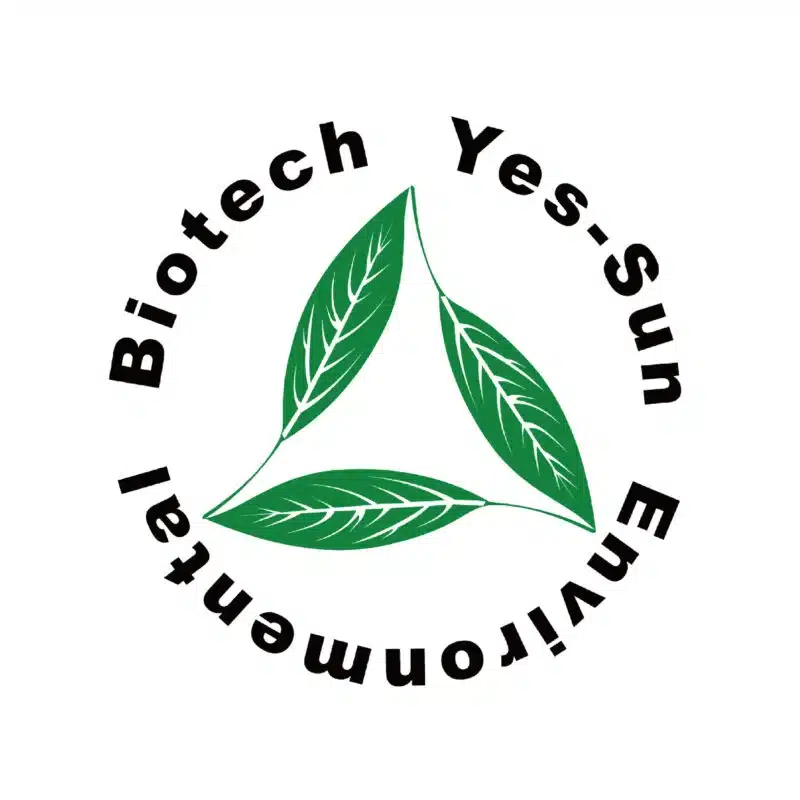https://www.compostmagazine.com/could-worms-help-solve-indias-waste-problem/
A new study suggests that vermicomposting, or composting with worms, might be an effective solution for India’s massive organic waste problem, which totals around 3 billion tonnes annually. This waste contributes to environmental issues like water pollution, methane emissions, and soil degradation, adversely impacting human health and agricultural yields.
Researchers Alpana Kusum, Shankar Jha, and Koshlendra Tedia at the Vermicompost Production Unit, RPCAU, Pusa, investigated various composting methods using temple waste, food waste, household waste, and agricultural waste. They evaluated the compost quality based on parameters like moisture content, water holding capacity, odour, and bulk density.
The study found that vermicomposting, particularly using cow dung with Eisenia fetida worms, resulted in higher quality compost compared to traditional composting methods. This combination showed a significant improvement in water holding capacity. Conversely, the combination of temple waste and cow dung, composted without worms, yielded the least favourable results.
Although vermicomposting consistently led to better quality compost across all treatments, the study did not delve into the practical aspects of processing large amounts of waste with worms. It’s also important to note that vermicomposting technically produces worm casts, not traditional compost.
Despite these considerations, the study reinforces the benefits of vermicomposting, presenting it as a potentially valuable tool in managing India’s significant organic waste challenges.
Discover the future of waste management with composting free technology
Handling organic waste properly can be challenging due to the unpleasant smell and dirty water produced during the composting process. Despite the availability of various composting technologies and equipment in the market, time and pollution remain significant concerns. However, a novel technology that combines patented equipment and enzymes offers a potential solution. This innovative approach can convert organic waste into fertilizer in just a few hours, and most importantly, without causing pollution.
Learn more


 中文 (台灣)
中文 (台灣) Bahasa Indonesia
Bahasa Indonesia Tiếng Việt
Tiếng Việt Bahasa Melayu
Bahasa Melayu Français
Français Español
Español Português
Português